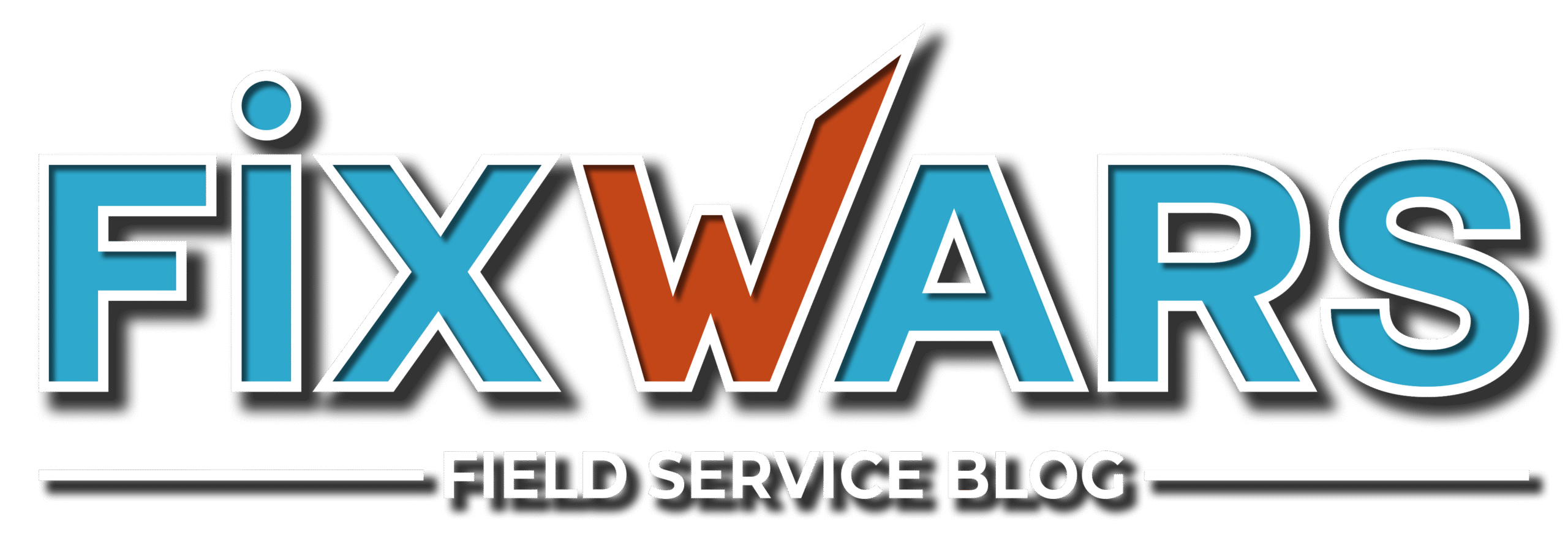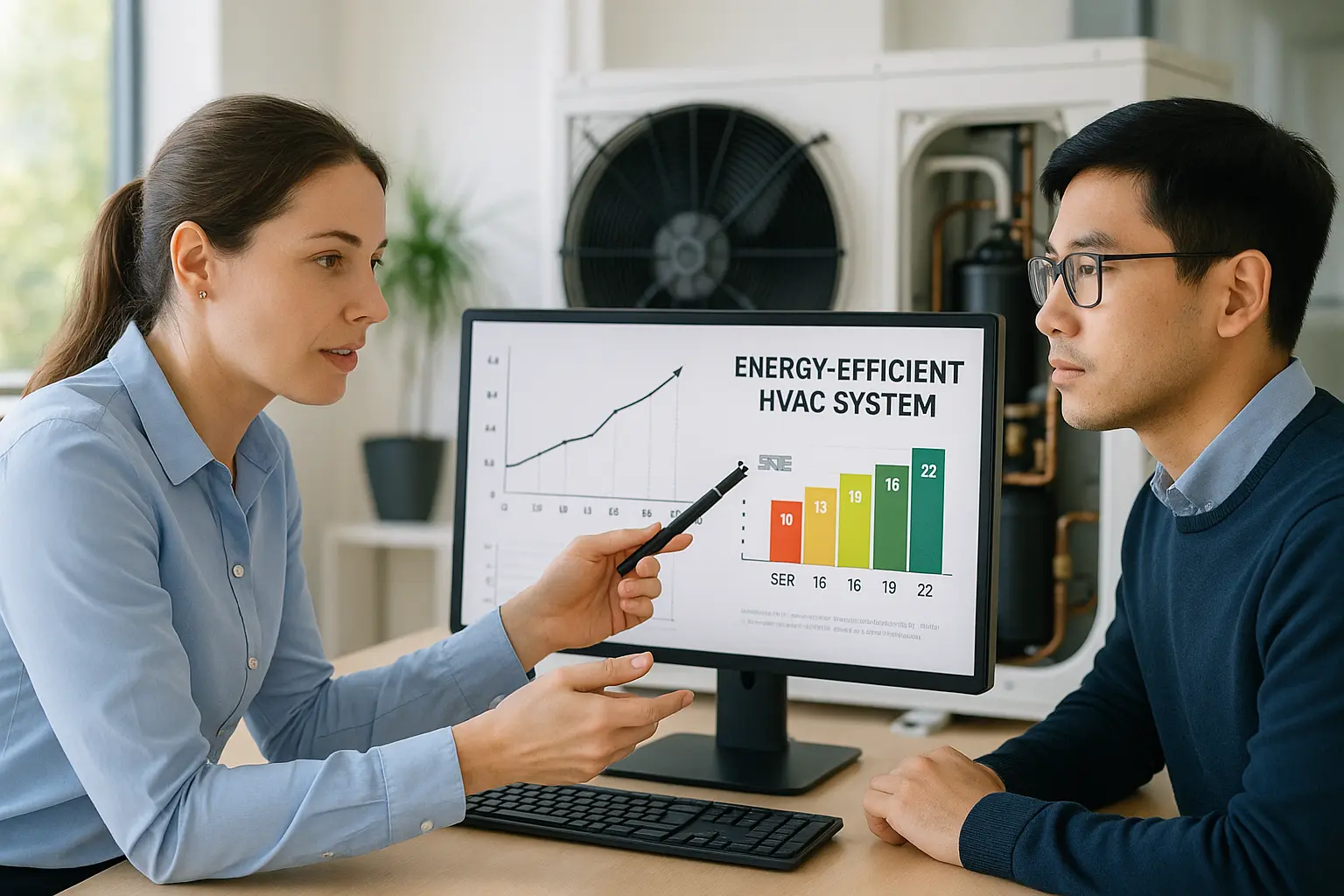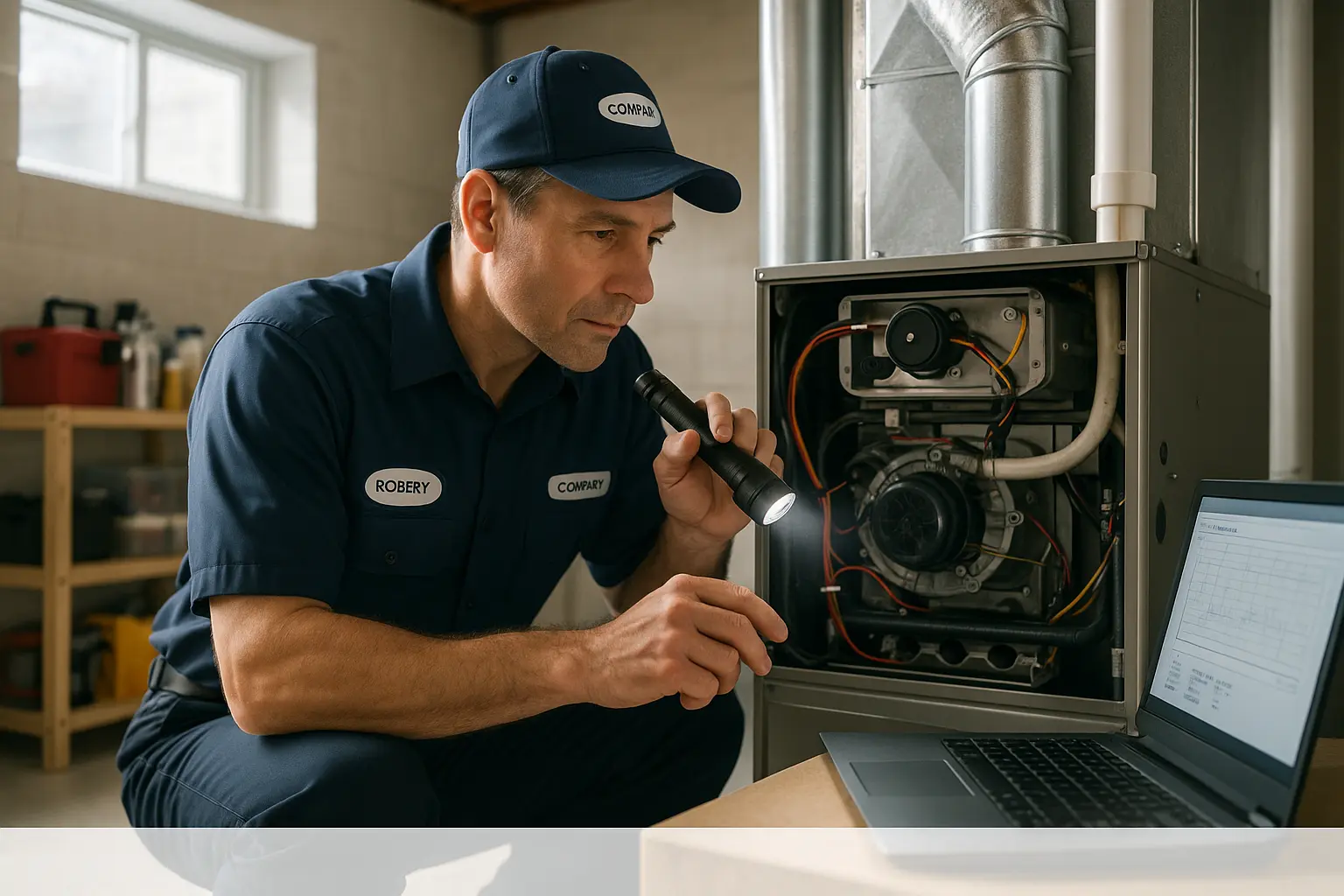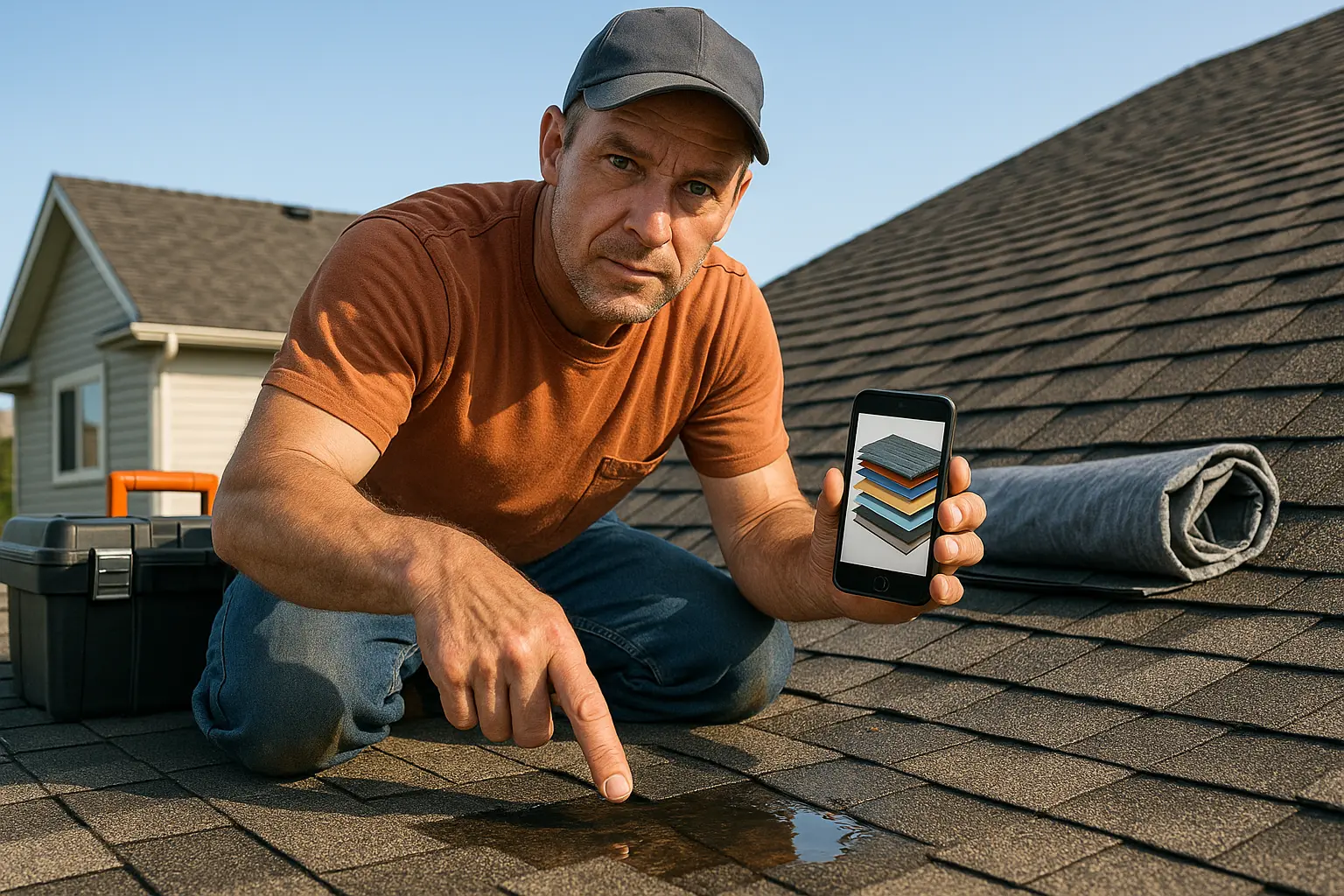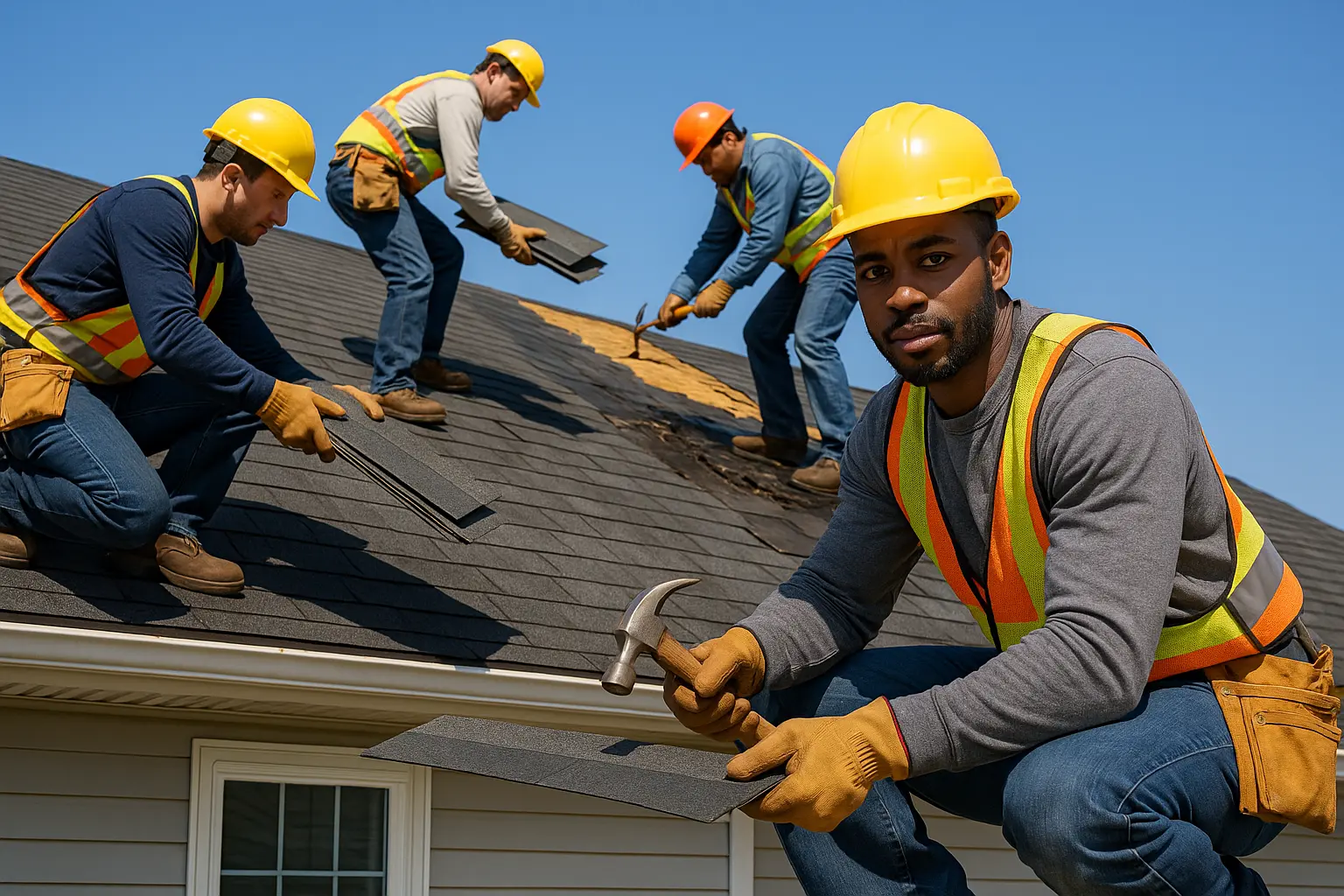Innovations in Smart Heat Pumps Efficiency and Performance
Creating a cool and comfortable space in areas with high temperatures isn’t always easy. The challenge comes from balancing your need for chill air with the rising cost of energy. When the mercury climbs, you use more air conditioning, which can lead to hefty electricity bills and more strain on our planet. Thankfully, modern HVAC solutions provide a way to stay cool while keeping both your wallet and the environment in mind. By fusing smart design with the latest technology, these cooling systems offer cost-effective alternatives that don’t compromise on comfort or environmental care.
Beyond simply lowering your monthly expenses, investing in energy efficient HVAC systems marks a broader step towards sustainable living. Many local agencies and governments encourage these techniques by offering financial rewards, making the upgrade even more appealing. When you choose energy efficient HVAC upgrades, your decision benefits you immediately and helps conserve energy on a global scale while cutting down on greenhouse gas emissions. As weather patterns shift, the advantages of these systems become increasingly valuable.
Understanding the Role of Smart Heat Pumps in Modern Cooling
Smart Heat Pumps and Their Impact on Efficiency
At the center of modern cooling solutions lies a philosophy that reduces energy usage while maintaining peak performance. Smart Heat Pumps combine advanced technology and engineering to offer optimal temperature control with less energy waste. Many systems are built with features that not only preserve interior comfort but also lower the environmental impact. Components like variable speed motors adjust their pace based on current conditions rather than running at a constant high level, which means energy is used only when needed.
Smart Heat Pumps also often work together with smart thermostats. These intelligent devices learn your daily habits, automatically tweaking temperature settings based on your schedule. Not only does this boost comfort, but it also cuts down unnecessary power use. Nearby, energy efficient HVAC systems play a crucial role by integrating these smart sensors and controls, ensuring that energy consumption is optimized throughout the day. In this way, using Smart Heat Pumps can complement the energy efficient HVAC framework and turn your home into a more effective cooling zone.
Modern refrigerants, designed to have a lower Global Warming Potential, are another key factor that drives sustainable cooling. This shift away from older, harmful chemicals means that Smart Heat Pumps help reduce the overall carbon footprint when compared to traditional cooling methods. In milder weather, these systems adjust their output gradually, avoiding the heavy energy need of rapid startup cycles when temperatures hit their peak.
Benefits of Cutting-Edge Cooling Solutions
Why Choose Energy Efficient HVAC Systems and Smart Heat Pumps?
Investing in energy efficient HVAC systems paired with Smart Heat Pumps can lead to many significant benefits. The most obvious perk is the reduction in electricity bills. As these systems sip power rather than gulping it, homeowners see a clear drop in monthly expenses, which piles up to substantial savings over time. Since these systems also work less strenuously, they tend to last longer and require fewer repairs.
The economic benefits come hand in hand with environmental rewards. By cutting down on energy usage, your system reduces greenhouse gas emissions. This decrease not only benefits the earth, it may also qualify you for various incentives available through local programs. Energy efficient HVAC upgrades are recognized for their sustainability, and many regions offer rebates to encourage consumers to make the environmentally smart choice.
Reliability is another strong point. With features like continuous monitoring and automatic adjustments, modern cooling systems ensure that you remain comfortable even during the hottest days. Even if energy demands spike, Smart Heat Pumps provide steady performance, helping to avoid sudden energy draw and reducing the risk of system overheating. This smooth operation is especially appreciated during extended periods of high temperatures.
In addition, incorporating energy efficient HVAC systems often means that the cooling process is distributed more evenly. Whether you opt for central systems, ductless mini-splits, or even geothermal options, the various advanced solutions allow flexibility in managing different areas of your home or workplace. Each system is designed to address specific needs, and one standout option is the Smart Heat Pumps – engineered to balance performance with energy savings, making them a favorite among eco-minded consumers.
Varieties of Modern Cooling Systems
Exploring Different Options for Smart Heat Pumps Integration
The world of HVAC offers several types of systems to maximize cooling efficiency. Each of these has its own benefits and is built for different spaces and needs:
- Central Air Conditioning Systems: A popular choice for many buildings, these systems boast high SEER ratings, often 15 or above. They provide consistent cooling for large areas and are ideal when integrated with centralized controls, ensuring every corner is uniformly managed.
- Ductless Mini-Split Systems: For spaces where traditional ducts aren’t practical, ductless mini-splits offer direct and precise cooling. They are perfect for older structures or areas with design challenges. They allow for zone-based control, offering individual comfort in different rooms without the energy losses tied to bulky ductwork.
- Geothermal Heat Pumps: These systems tap into the stable temperatures of the earth, providing both heating and cooling in a remarkably efficient manner. Although the upfront costs may seem higher, the long-term savings and steady performance in extreme climates make them an attractive prospect.
Each option has its place. For instance, new constructions with comprehensive duct layouts may benefit from central systems with high SEER ratings. In contrast, older buildings with limited space for ducts might find ductless systems to be a more viable alternative. Meanwhile, areas with severe weather conditions have seen the rise of Smart Heat Pumps, which maintain steady performance regardless of outside temperatures. These modern cooling units integrate seamlessly within an energy efficient HVAC approach, ensuring that every drop of energy is put to good use.
Optimizing Existing Cooling Systems
Regular Upkeep and the Role of Energy Efficient HVAC
A well-maintained system operates at its best. Regular routine checks can boost the efficiency of your current HVAC setup while cutting down on energy waste. Basic maintenance includes tasks such as cleaning or replacing air filters to ensure the free flow of air. When filters are clogged, the system must work harder to maintain the right temperature, which ends up using extra energy.
Keeping refrigerant levels in check is also crucial. Low levels or leaks force your unit to consume more power to achieve the same cooling effect. Finally, checking ducts for leaks can prevent significant energy losses. Even minor gaps can lead to a large drop in efficiency as conditioned air escapes. By routinely inspecting and sealing ducts, you keep the system working optimally.
Regular maintenance not only prolongs the life of your HVAC unit but also underlines how energy efficient HVAC systems can be when paired with smart technology. More frequent inspections, especially before the peak cooling seasons, mean your system stays in tip-top shape, lowering the risk of unexpected breakdowns during critical times.
Smart Integration: The Future of Cooling
Enhancing Your Home with Smart Heat Pumps
Modern technology has reshaped how we handle cooling at home. One advancement is the integration of smart technology into your HVAC system, creating a more responsive and efficient cooling setup. For instance, smart thermostats learn your routine and adjust the temperature automatically, which minimizes energy expenditure when no one is home. This precision helps reduce unnecessary energy usage while keeping your space comfortable.
Incorporating sensors that monitor occupancy is another smart move. These sensors can detect the number of people in a room and adjust the cooling output accordingly. When combined with energy efficient HVAC strategies, these smart sensors ensure that power is used only where it’s needed most, leading to energy savings and consistent comfort across your home.
Remote control capabilities add further convenience. Homeowners can now check and adjust settings from their phones, ensuring the system runs at peak performance even if you’re away. This smart integration not only saves energy but also provides continuous diagnostics, alerting you if minor issues could blossom into major problems.
By adopting Smart Heat Pumps and related smart advancements, you create a cooling system that is intuitive and forward-thinking. These systems that are part of the energy efficient HVAC movement pave the way for a more sustainable and responsive way of managing indoor climates. Homeowners who invest in this technology often witness both short-term savings and long-term benefits.
Improving Building Insulation for Better Cooling Performance
The Insulation Connection to Smart Heat Pumps Efficiency
Often overlooked, building insulation is a fundamental link in achieving efficient cooling. Effective insulation helps maintain the ideal indoor temperature by preventing cool air from escaping and keeping heat at bay. This reduces the work your HVAC system needs to do, leading to lower energy consumption. In areas where Smart Heat Pumps are used, good insulation ensures that the energy savings are fully maximized.
One of the simplest ways to boost insulation is upgrading windows. Energy efficient window designs like double or triple-glazing can significantly reduce heat gain during the day. Sealing gaps around doors and windows with weather-stripping is another effective method to lock in cool air. Additionally, attention to areas like the attic can pay dividends; an insulated attic stops external heat from rushing into your home.
Investing in proper insulation is smart for more reasons than one. Not only does it support the performance of your Smart Heat Pumps, but it also enhances overall home comfort. Even during the hottest days, your cooling system will not have to work overtime, which keeps energy costs down. Many energy efficient HVAC improvement programs recognize well-insulated homes, sometimes offering rebates that help offset the cost of upgrades.
Choosing the Right Cooling System for Your Space
Conducting a Detailed Needs Assessment with Smart Heat Pumps in Mind
Before upgrading, it is wise to analyze your specific cooling requirements. Factors like the size of your home, the climate you live in, and your current HVAC setup all affect which system suits you best. For larger buildings, a centralized system with a high SEER rating might be appropriate, while smaller spaces or older buildings may benefit more from ductless options. Each scenario calls for a unique solution tailored to the property.
Consulting with HVAC experts can provide you with insights into what will work best. Professionals can measure the cooling load required for your space and check your existing ducts and insulation. This thorough evaluation ensures that any system you choose, including options like Smart Heat Pumps, will be efficient and effective. Their advice also often includes small fixes that make a big difference in your energy efficient HVAC setup.
Evaluating cost versus benefit is another important step. Although the initial expense of installations like Smart Heat Pumps might be higher, the long-term savings in reduced electricity bills and lowered repair needs tend to outweigh the upfront costs. With improved efficiency and potential rebates from energy programs, the return on investment becomes much clearer. In many cases, an upgrade not only cuts down on monthly spending but also increases the overall property value.
Future regulations and a growing drive toward sustainability make it wise to invest in systems that are both cost-effective and eco-friendly. When you choose energy efficient HVAC systems and integrate technologies like Smart Heat Pumps, you boost your home’s market appeal while actively contributing to environmental protection.
Weighing the Environmental Impact of Your Cooling Choice
Environmentally Friendly Approaches with Smart Heat Pumps
As climate concerns rise, thinking green in your cooling decisions has never been more critical. Energy efficient HVAC systems help lower home energy use and cut harmful emissions, which is vital in areas with extreme heat. Systems that use refrigerants with low Global Warming Potential are a smart alternative to older setups that hurt the ozone layer.
The combination of renewable energy sources with HVAC systems has shown promising results. For instance, pairing your system with solar panels can dramatically reduce your reliance on grid power. During those bright, sunny days, your investment in Smart Heat Pumps works hand in hand with renewable energy, slashing your electricity expenses and lessening environmental impact.
Cost matters, but so does preserving our world. When you consider the move to energy efficient HVAC systems backed by Smart Heat Pumps, you are not only saving money but also doing your part to protect the environment. Many local incentives make it a win-win scenario—rewards for both reducing energy use and helping to counter climate change.
Whether for residential, commercial, or industrial spaces, selecting a cooling solution that incorporates Smart Heat Pumps is a forward-thinking decision. It aligns with modern sustainability trends and meets rising performance standards, ensuring that your systems contribute positively long into the future.
Conclusion
In the end, making the switch to advanced cooling systems is about more than just keeping your space cool. It represents a thoughtful strategy that combines cost savings, improved performance, and environmental care. As you’ve read, energy efficient HVAC systems work hand in hand with innovative tools such as Smart Heat Pumps to reduce power consumption while still delivering a pleasant atmosphere even during the hottest days.
From carefully measuring the needs of your home to investing in proper insulation and integrating smart technology, every step contributes to a well-rounded cooling system. In every discussion—whether about maintaining your current equipment, choosing between central or ductless units, or exploring geothermal options—the benefits are clear. These systems provide consistent comfort, lower utility bills, and help reduce harmful emissions.
Before taking any major steps, be sure to conduct a comprehensive assessment of your cooling requirements. Speak with HVAC professionals who can offer advice tailored to your home and consider all the financial and environmental benefits. When you opt for energy efficient HVAC upgrades that include cutting-edge solutions like Smart Heat Pumps, you position yourself for long-term savings and a greener future.
Embracing these modern cooling solutions is more than an upgrade—it’s a commitment to a sustainable lifestyle. It’s a promise to reduce your carbon footprint and create indoor environments that stand the test of time. If you’re ready to cool your space smarter and more responsibly, explore your options and invest in the future of comfort today with Smart Heat Pumps.
